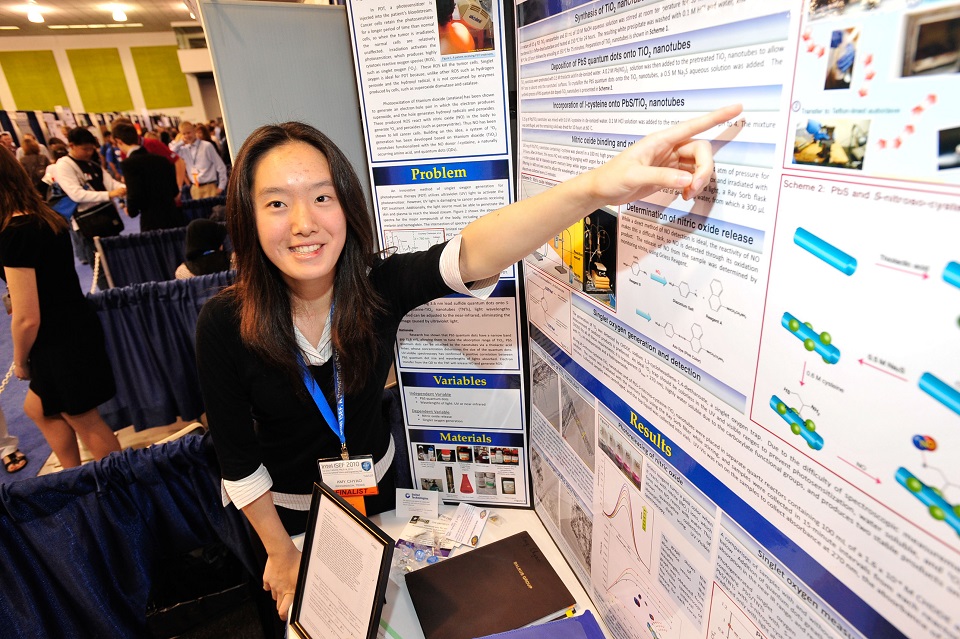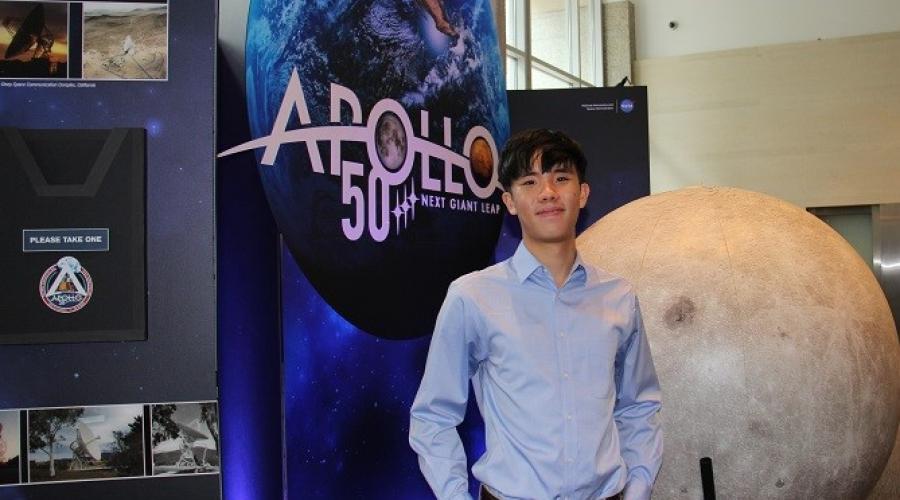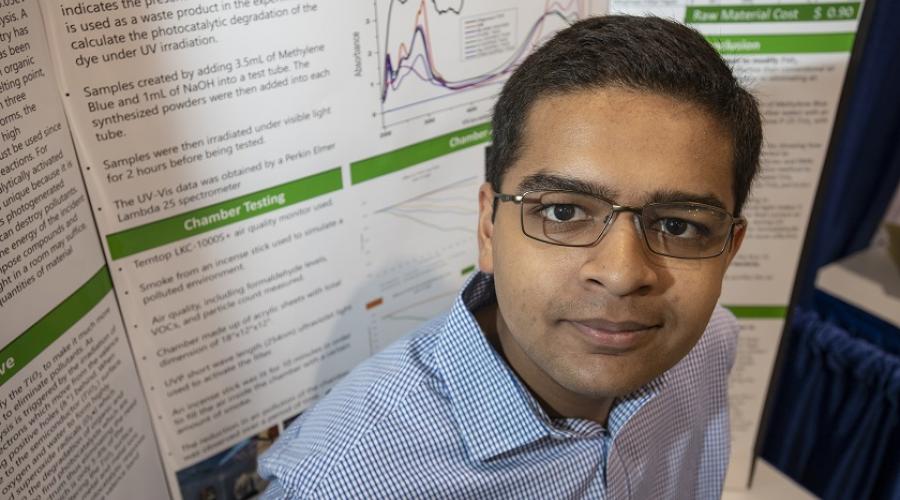Scott Boisvert Works to Save Frogs from the Fate of the Dinosaurs
By Caitlin Jennings, Communications Coordinator, Society for Science & the Public
“A lot of people are like ‘frogs, amphibians, why does it really matter?’” Scott Boisvert (Intel International Science and Engineering Fair 2008, 2009, 2010) says. “Amphibians are widely considered as the canaries in the coal mine, you could say, of global health; so with their recent decline there could be many other problems that come in the future that they’re just predicting.”
That’s why Scott has spent the last few years taking water samples and studying amphibian life in Arizona. Frogs there, like many amphibians across the globe, often suffer from Chytridiomycosis, a disease caused by the microorganism Batrachochytrium dendrobatidis. In fact, this disease has affected more than 30% of amphibian species and has the potential to cause the largest mass extinction since the dinosaurs. Through his research, he has demonstrated a link between the disease-causing microorganism and the amphibians’ environment, specifically the water chemistry at each site. This link could be used to help with conservation efforts involving identifying at-risk sites.
Yet, it is possible, this discovery might not have happened had Scott not attended the Intel ISEF 2007 in eighth grade as a student observer. “Prior to that, I’d done my project through school, and I knew that there was [Intel] ISEF, but I didn’t really know what it was all about. But once I got there, it was a truly wonderful experience,” he says. “One of the most amazing things about it is just being able to walk around and see all the projects and all the different places that the people came from…and that there are many opportunities for kids to get engaged and really make a difference at a young age, and that’s really what inspired me to do my own research and go back to [Intel] ISEF [the] next year.”
Scott’s hard work has paid off as he has returned to the Intel ISEF as a Finalist each year since he was inspired as a student observer, and he also recently became a Davidson Fellow. “The programs have all been masterfully organized and have encouraged me to pursue my research year after year, fostering a true love of inquiry,” he says. “I now have my heart set on attaining an MD/PhD degree so that I can pursue both my interests in medicine and in research. Without these beneficial programs, I would be nowhere near as ready for college or entering the research community.”
- Learn about Intel ISEF 2011 in Los Angeles
- Apply to be a Davidson Institute Fellow
- Learn more about Scott and his research


